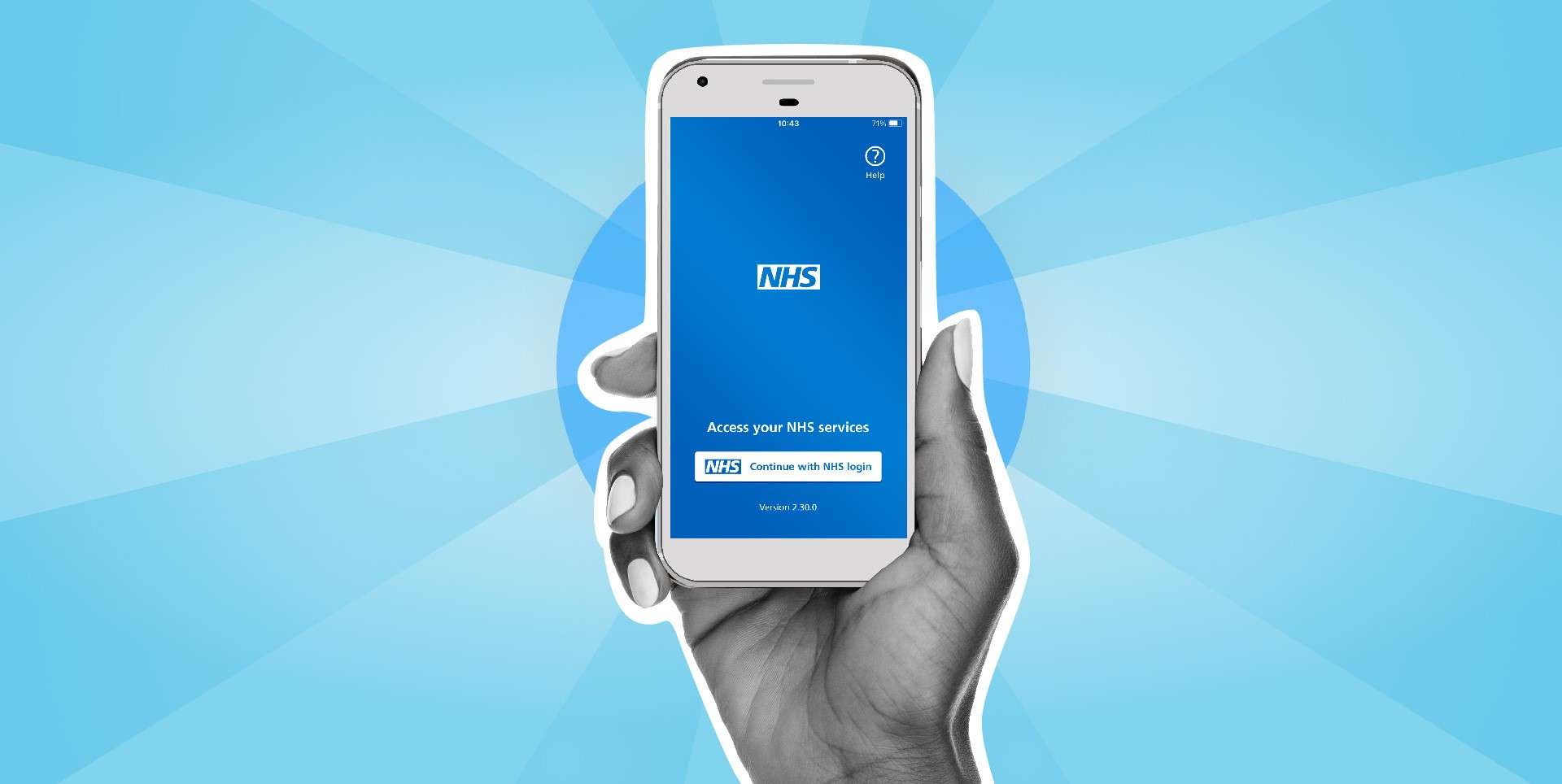Two digital and data leaders tell PublicTechnology about the challenges and priorities in driving the development of a connected, smart data ecosystem for supporting the health and social care sector
Scotland’s new Health and Social Care Data Strategy is full steam ahead. Launched at the Digital Health and Care conference of our sister publication Holyrood, the initiative aims to harness the power of data and new technologies to boost patient engagement and empower decision-making to deliver better outcomes.
PublicTechnology caught up with Jonathan Cameron, head of digital health and social care at the Scottish Government, and Albert King, chief data officer at NHS National Services Scotland, digital leaders with ownership and oversight of the policy and technology sides of the strategy respectively, to learn more about what has gone behind the scenes and the vision for the future.
While Cameron asserts that Scotland has good foundational data assets spanning decades, King recognises that such legacy brings about issues that the strategy seeks to address.
“The strategy focuses on a human-based approach that puts individuals at the centre and emphasises data ethics, transparency and workforce skills,” Cameron says.
King concurs, noting the strategy aims to meet the need for having a connected, smart data ecosystem. To that end, the Scottish government has been building data trust and governance to improve insights.
Both agree that safety and public confidence in data use will be crucial to the strategy’s success. They say the strategy seeks to realise the full potential of data and new technologies like artificial intelligence while ensuring tech and data are used ethically and transparently.
Data challenges
The implementation of the strategy requires overcoming several challenges.
“The sheer volume of data is a challenge,” Cameron says, noting that ensuring people understand how to interpret and use the data is a priority. “Having enough high-quality data to train AI algorithms and striking a balance between structured and unstructured data is also challenging.”
There are three domains where data and data-driven technologies like AI are being used to help deliver better outcomes for patients, citizens and staff: automation, knowledge and intelligence, and clinical applications.
“It is so important to talk openly and confidently about the benefits data brings – sustaining and building public trust is critical”
Albert King, NHS National Services Scotland
“Automation empowers the workforce,” King says, noting it is being used to help staff anticipate demand to use capacity more effectively and that predictive models can help reduce error and waste.
King says that using technologies like natural language processing (NLP) to digest text would allow improvements in decision-making. He also asserted that there are opportunities to leverage data and AI for clinical applications, but these come with the highest risks and regulatory requirements due to the safety-critical nature of healthcare.
The making of the strategy saw broad engagement with stakeholders from all corners of society, the public, clinicians and government bodies—and engagement is ongoing. For Cameron, it is important to keep people and their organisations involved to ensure the strategy remains relevant and effective. “Today, the strategy is well supported and endorsed by clinical groups, charities and a whole mix of organisations,” he says.
The intention is to put people at the heart of the strategy and empower individuals by giving them more control of their data and decisions. Cameron and King say work is now focused on building data literacy in several ways.
King explained the strategy empowers the workforce by giving them greater self-service analytics, automation and flexibility through technology platforms which, in turn, would allow staff to focus on higher-value work.
“We’re investing in skills and data literacy to give staff the critical thinking skills to use data to make evidence-based decisions,” he says.
Cameron points out the need for broader digital skills development for health and social care staff, with an emphasis on building confidence with data.
“Anyone and everyone should be able to use digital [tools] if we get the right set-up, platform, and user design,” he adds. “What we often see isn’t so much a skills gap, but a confidence gap: being sure about doing the right thing. Being confident about using data and digital tools makes a big difference.”
‘A trustworthy environment’
Governance measures – including controls, transparency, security and automation – are intended to help responsibly manage data. King noted that building a data trust layer to automate data discovery, description, and quality is crucial to help create a more scalable approach.
Cameron adds that, while most people expect their data to be linked up, the strategy ensures that controls and processes are in place to manage the data of those who do not want their data shared.
Investment is well underway to sustain the digital transformation the strategy requires, from modernising platforms to moving to the cloud. King explains these efforts will provide the benefit of flexibility, scalability and ease of deploying new tools.
Upgrades to Seer – a national storage and reporting platform for health data – will enable “greater automation, self-service analytics and democratisation of data,” King says.
Investments are also required to support staff and the work on data literacy. To that end, efforts are directed at strengthening the publicly funded Data Lab Innovation Centre to develop academic programmes for data scientists and analysts. Cameron reveals work is ongoing with the Digital Academy and National Education Scotland to develop digital health and social care skills programmes.
Work is also underway to tackle the risks associated with data. Cameron said his biggest worry is safety, particularly from companies new to healthcare with no previous experience with the complexity of this environment.
“As systems get more complex, safety issues may slip through and impact patients, for example, with incorrect medications or test results,” he warns.
What we often see isn’t so much a skills gap, but a confidence gap… being confident about using data and digital tools makes a big difference”
Jonathan Cameron, Scottish Government
King says his biggest worry is the government’s ability to sustain and build public trust and confidence in the use of data.
“Engaging people in meaningful ways about how data is used and ensuring they feel empowered is really tricky,” he says. “We are not always confident enough in how we talk about data being used due to past bad experiences. But it is so important to talk openly and confidently about the benefits data brings. Sustaining and building public trust is critical; otherwise, this [strategy] falls apart.”
Cameron and King look to the future with optimism.
“I’m excited about the enthusiasm and support from organisations for taking the strategy forward and the real interest in data,” Cameron says. “There’s a shift in mindset as we now see the benefits and opportunities it brings to make a difference.”
King adds. “We are close to creating a genuinely connected smart data ecosystem for health and social care founded on technology, skills and people working together.”





